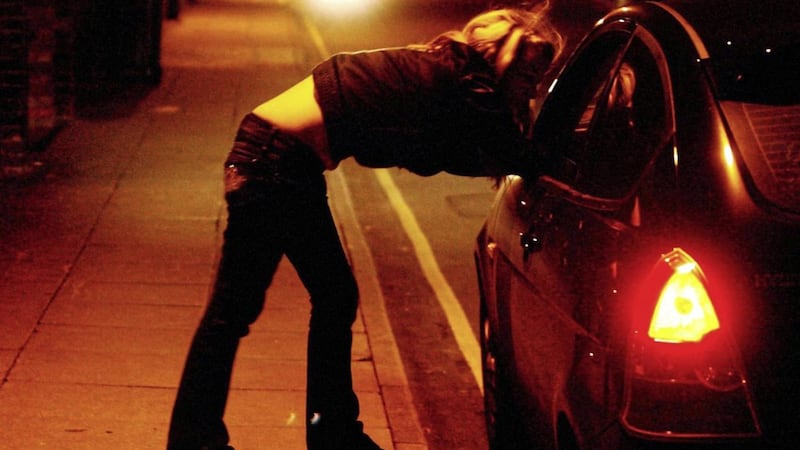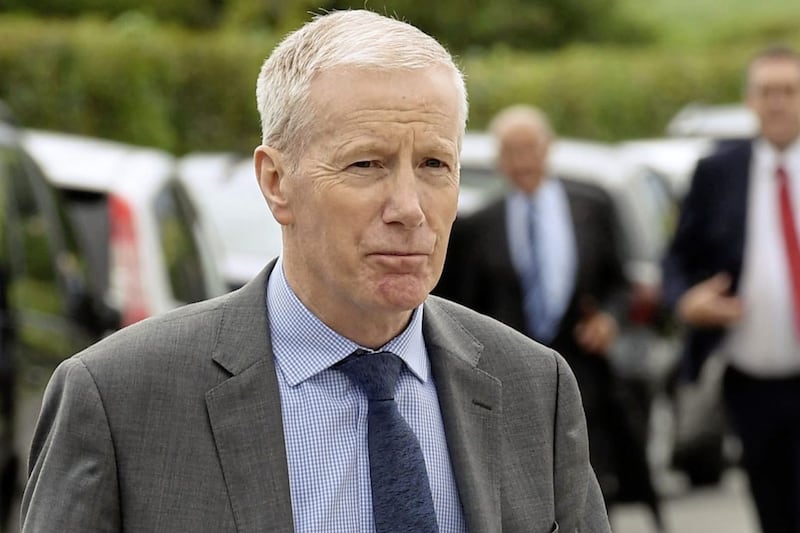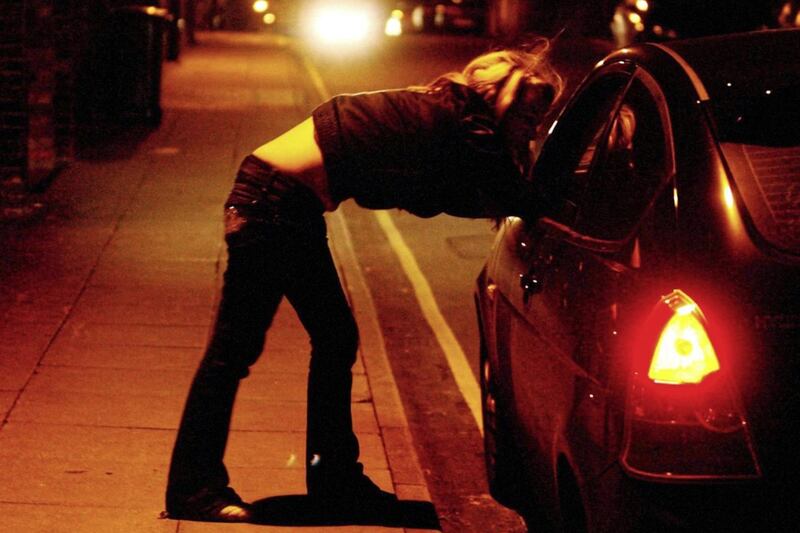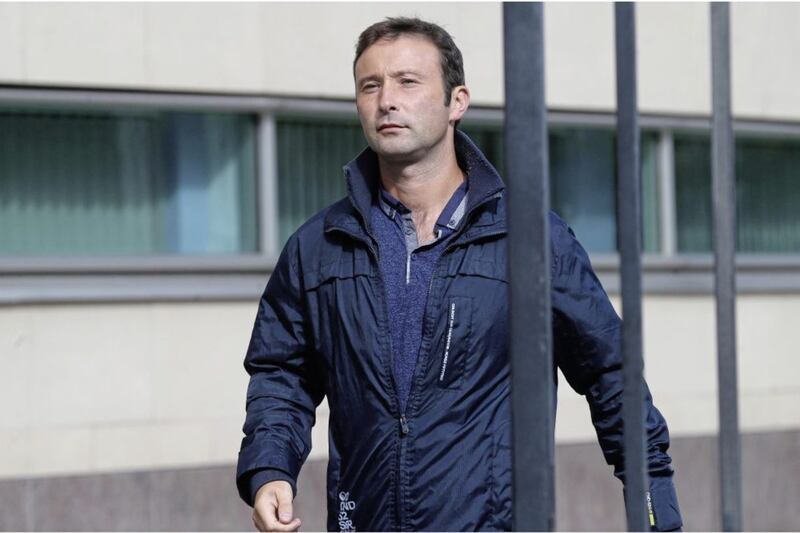A new law introduced four years ago making it an offence to pay for sex has had a "minimal effect on the demand for sexual services", a report has found.
An independent review following the introduction of the crime in 2015 was commissioned by the Department of Justice and carried out by Queen's University, Belfast.
It reported on the impact of the legislation on the demand for sexual services, the safety and well-being of sex workers, and human trafficking for the purpose of sexual exploitation.
The review found that between June 2015 and December 2018, there were 15 arrests and two convictions for purchasing sex.
There were also 31 arrests and two convictions for human trafficking for sexual exploitation.
It found there was a higher number of sex workers advertising online in the post-law period, rising from 3,351 to 3,973.
An increase in demand for sexual services was also reported by sex workers.
However, on-street prostitution was found to have declined, reducing from an estimate of 20 active on-street sex workers operating in Northern Ireland in 2014 to less than 10.
The research reported that it while it is not possible to say that the change in the law is responsible for any increase in crime against sex workers, a heightened fear of crime has contributed to a climate whereby they feel further marginalised and stigmatised.
The review concluded that the legislation has had "minimal effect on the demand for sexual services".
DUP peer Lord Morrow, who brought the legislation before the assembly, insisted yesterday that the Human Trafficking and Exploitation Act "has secured prosecutions and assisted many victims which would not have been the case had it not been passed".
"There will always be more work to do but through enforcement and resources further such progress can be made," he said.







